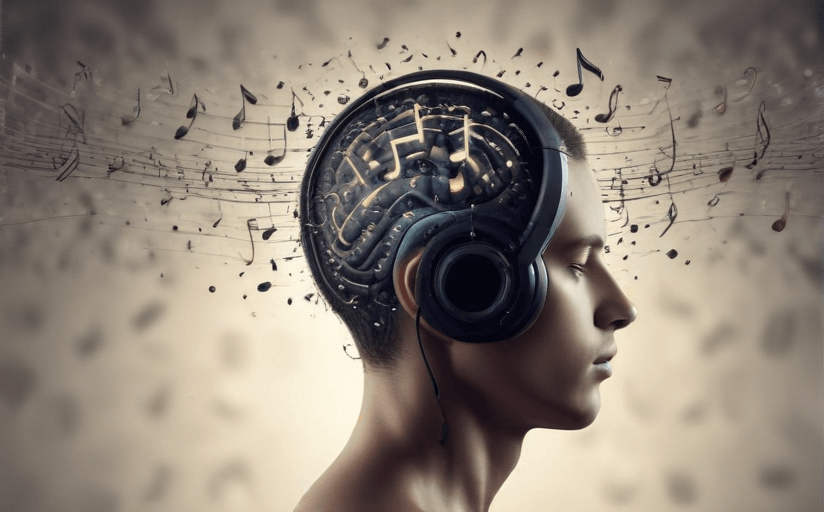The Profound Impact of Music Therapy on Mental Health
Music therapy, the clinical use of musical interventions to improve the quality of life for individuals suffering from various health problems, has a significant impact on mental health. It delves deep into the psychological and emotional effects of music, and leverages these effects to alleviate symptoms of numerous mental disorders.
History of Music as a Therapeutic Tool
Music has been used as a healing tool since ancient times, with records of music therapy used in Egypt, India, Greece, and other ancient civilizations. The formal discipline of music therapy, however, only came into existence in the 20th century, after musicians visited veterans' hospitals post World War II to play for physically and emotionally traumatized soldiers.
Music Therapy in Session
In therapeutic sessions, music can be utilised in various ways based on the client’s needs. Therapists employ techniques such as improvisation, receptive listening, song writing, lyric discussion, and music and imagery to engage with their patients and help them express their feelings. This adaptable nature of music therapy makes it an ideal therapeutic approach for addressing an array of mental health disorders.
The Power of Music: Validated by Research
Various research studies have provided empirical evidence for the effectiveness of music therapy in treating mental health conditions. A meta-analysis published in 2007 in the 'Journal of Clinical Psychology' found significant decreases in symptoms of depression among music therapy participants compared to those in control groups. Another study recorded in 'The Lancet Psychiatry' in 2016, showed a major improvement in symptoms of schizophrenia patients undergoing music therapy. Moreover, an analysis in 'Music Therapy Perspectives' in 2017, discovered that adult anxiety patients experienced relief from their symptoms with the aid of music therapy.
Music and Brain: Enhancing Memory, Learning, and Neuroplasticity
Research has shown that music has the ability to influence brain patterns and can enhance memory, learning, and neuroplasticity (the brain's ability to change). Music activates both hemispheres of the brain simultaneously and induces a positive emotional experience, all while stimulating creativity, enhancing concentration, and promoting relaxation. Thus, music has profound implications for the brain's ability to heal and restructure itself, making it a powerful therapeutic tool.
Future Prospects for Music Therapy
The future of music therapy looks promising, with the field continually expanding and evolving. There is an increasing focus on incorporating technological advancements, like virtual reality and AI, into music therapy. As our understanding of the brain and music's influence on it deepens, music therapy can be expected to become an even more integral part of mental health treatment, revolutionizing the field in ways yet unknown.
On the whole, music therapy has proven to be an effective way to help mitigate the distresses of mental illness, enhancing the mental health field with its unique blend of creativity and therapy.




















Comments
Leave a Comment